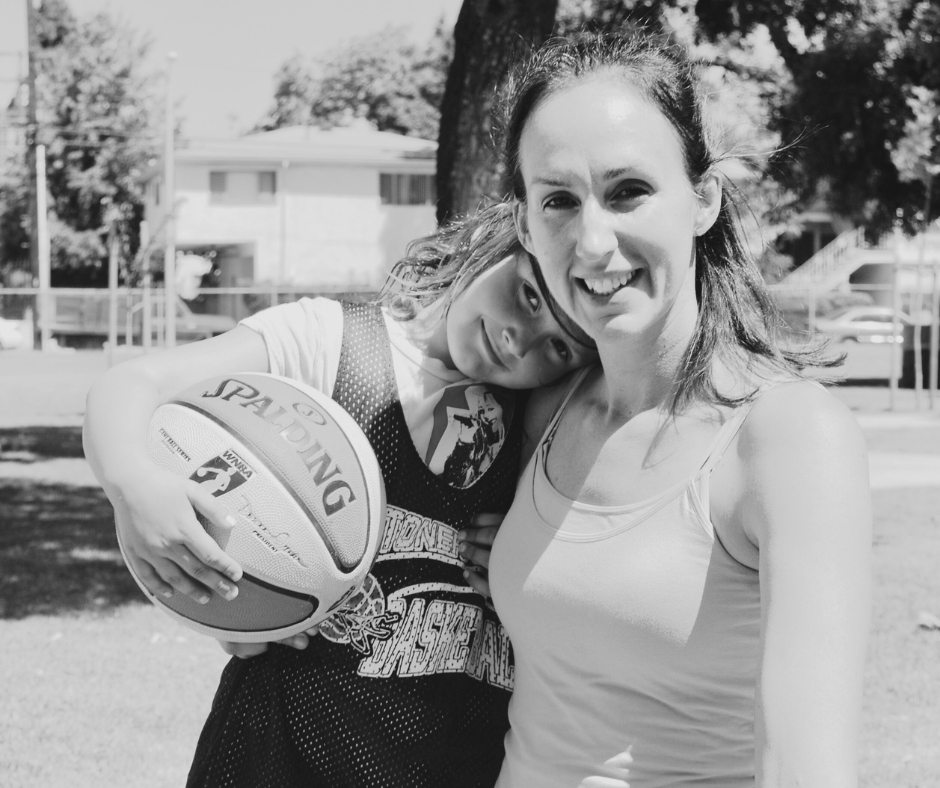How to Parent Through Youth Sports with One Powerful Phrase: “I Love to Watch You Play”
Youth sports can feel like a high stakes balancing act.
You want to support them—but not push too hard.
You want them to grow—but not burn out.
You want to do what’s best—but you’re not always sure what that is.
Behind the packed bags by the door, the quiet pep talks after losses, and the early morning drives fueled by coffee and hope—is something harder to talk about-
The fear of falling behind.
The pressure to keep up.
The quiet worry that everyone else knows something you don’t.
My Daughter Quit Sports and This is What Youth Sports Parents Need to Know
At Ilovetowatchyouplay.com, we believe youth sports should be about something deeper.
Not just about raising athletes, but raising people—resilient, joyful, self-aware humans who just happen to play sports.
Whether a child is playing recreationally or chasing D1 dreams, what they need at the core is the same—support, perspective, and a relationship that isn’t tied to performance.
It starts with one sentence:
“I love to watch you play.”
Simple words. But they carry a message so many kids are desperate to hear:
You are more than your performance.
You are valued beyond the scoreboard.
You are loved—for who you are and not what you do.
That message – originated by Bruce Brown at Proactivecoaching.info has grown into our platform and a movement. But the purpose remains the same: to support parents as they navigate the beautiful, messy, emotional world of raising young athletes.
So what does “I love to watch you play” really mean—in practice?
Here are 10 reminders I keep coming back to:
1. Don’t confuse potential with purpose.
Just because they’re good at something doesn’t mean it’s meant to be their everything.
📌Talent is not destiny. Purpose is something they discover, not something we assign. Stay curious about who they are becoming.
2. Remember: joy is fuel.
Burnout doesn’t just come from overtraining—it comes from feeling unseen, unheard, or over-pressured.
📌If you want longevity, protect joy like it’s part of their training plan. Rest, silliness, space—they’re not extras. They’re essentials.
3. Cheer for the effort, not the outcome.
Notice the hustle, the heart, the little moments they think no one sees.
📌Focus on praising effort, resilience, and sportsmanship. Instead of “Great game,” try: “I loved watching you play,” or “You looked like you were having fun.
4. Step back so they can step into themselves.
You don’t have to be in the middle of everything. Sometimes the most powerful thing you can do is let go—just enough.
📌They’ll never learn to trust themselves if we’re always a step ahead, clearing the path. Sometimes the best support is stepping aside and letting them figure it out.
5. Your interest should never feel heavy.
They should feel lifted by it, not burdened. Don’t let your hopes feel like expectations they have to carry.
📌Check in with your tone, your timing, your focus. Is your interest about them, or about how they reflect on you? One feels freeing. The other, crushing.
6. Lead with connection, not correction.
Your presence means more than your pointers. They don’t need your analysis—they need your love.
📌Let them lead the conversation. If they want to talk, listen. If not, simply be present.
7. Model what matters.
How you show up—calm, kind, curious—teaches them more than any post-game speech ever could.
📌They’re watching how you react to referee calls, benchings, drama, and disappointment. You’re not just shaping how they play—you’re shaping how they live.
8. Let them own their experience.
You can guide and support—but don’t script it. Their wins, losses, and choices need to belong to them.
📌Even with the best intentions, we sometimes try to edit their story before they’ve had a chance to write it. Step back. Let them find their words, their resilience, their way.
9. Let silence be safe.
You don’t have to say something after every game. Sometimes the most powerful thing is simply being there.
📌Silence doesn’t mean you’re not engaged. It means you’re letting their emotions breathe without immediately layering yours on top.
10. Say it. Out loud. Often.
Before the game. After a loss. On the ride home. In a text.
“I love to watch you play.”
📌Don’t wait for the perfect moment. Make it the default. Let “I love to watch you play” be the message that cuts through everything else they hear.
You’re not alone in this.
Not in the overthinking.
Not in the second-guessing.
Not in the deep desire to get it right.
And it’s never too late to shift—to lead with love, to choose presence over pressure, and to rewrite what this journey looks like for both of you.
And it’s hard work.
Some days you will nail it and some you won’t.
Because youth sports isn’t just shaping them.
It’s shaping something bigger than wins and losses—it’s shaping a relationship that lasts long after the final whistle.
